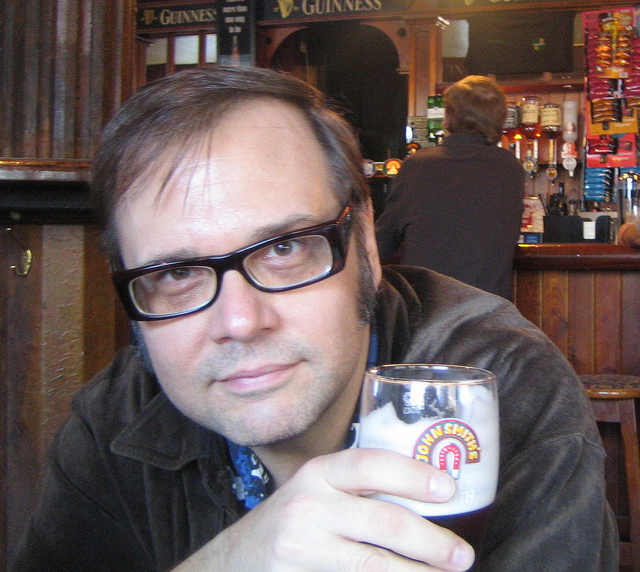
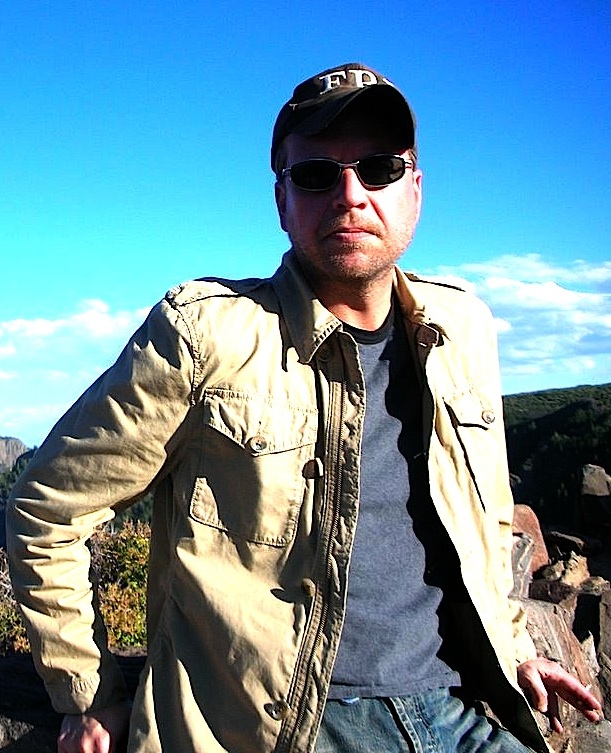 BY JONATHAN VALANIA For going on 35 years, Dennis Diken has been pounding the skins for The Smithereens, arguably one of the finest bar bands to crawl out of the teenage jungleland of nowhere New Jersey. All the Smithereens’ best songs carried a hint of desperation: the unspoken understanding that these Jersey sons were always one bar gig away from the factory grind that claimed the hope of their fathers. They were literally playing rock ‘n’ roll as if their lives depended on it. The new Smithereens 2011 finds the band in fine form all these years later, still bashing out the kind of brawny, impeccably-crafted power-pop that made them the toast of college radio back in the 80s. Aside from his beat-keeping duties in The Smithereens, Diken is a de facto pop historian/cultural anthropologist with a deep well of knowledge about the canon of late 20th Century pop and rock. You can literally hear all that knowledge, along with an abiding love and respect, in every track of Late Music, his masterly 2009 solo-album-cum-homage to the bygone golden age of rock and the pop narcotic. No wonder he has served as producer/liner notes writer for indispensable reissues of touchstone albums by the Beach Boys, the Lovin’Spoonful, the Four Seasons, Louis Prima, Del Shannon,
BY JONATHAN VALANIA For going on 35 years, Dennis Diken has been pounding the skins for The Smithereens, arguably one of the finest bar bands to crawl out of the teenage jungleland of nowhere New Jersey. All the Smithereens’ best songs carried a hint of desperation: the unspoken understanding that these Jersey sons were always one bar gig away from the factory grind that claimed the hope of their fathers. They were literally playing rock ‘n’ roll as if their lives depended on it. The new Smithereens 2011 finds the band in fine form all these years later, still bashing out the kind of brawny, impeccably-crafted power-pop that made them the toast of college radio back in the 80s. Aside from his beat-keeping duties in The Smithereens, Diken is a de facto pop historian/cultural anthropologist with a deep well of knowledge about the canon of late 20th Century pop and rock. You can literally hear all that knowledge, along with an abiding love and respect, in every track of Late Music, his masterly 2009 solo-album-cum-homage to the bygone golden age of rock and the pop narcotic. No wonder he has served as producer/liner notes writer for indispensable reissues of touchstone albums by the Beach Boys, the Lovin’Spoonful, the Four Seasons, Louis Prima, Del Shannon, 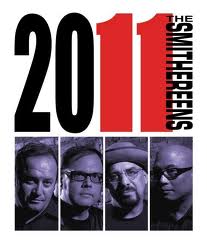 Henry Mancini, Joe Meek, and the Four Freshmen. In advance of his speaking engagement at tomorrow’s Beach Boys-centric installment of Secret Cinema, Dennis Diken waxes ecstatic about Brian Wilson, Smile, Sunshine Pop, and why the Duophonic version of Beach Boys Today is far superior to the mono or stereophonic versions.
Henry Mancini, Joe Meek, and the Four Freshmen. In advance of his speaking engagement at tomorrow’s Beach Boys-centric installment of Secret Cinema, Dennis Diken waxes ecstatic about Brian Wilson, Smile, Sunshine Pop, and why the Duophonic version of Beach Boys Today is far superior to the mono or stereophonic versions.
PHAWKER: For the sake of those who may not know, please explain ‘Sunshine Pop’ — the hallmarks of its sound, the key players, touchstone recordings, context in pop history and relevance to now.
DENNIS DIKEN: I never heard the term ‘Sunshine Pop’ until the 90s, I think, but it aptly describes a certain type of record that I dug as a kid and still enjoy. Largely, they were light, airy, harmony-drenched cuts with hooks that stuck like glue. During the mid-late 60s, a period when rock music was becoming freakier and message- or protest-driven, these songs celebrated love, kites, lazy days, and balloons that soared as high as the melodies that gave the tunes wing. The production on much of these gems varied from spartan settings that gave room for the breadth of the vocals to ornate, harpsichord and string-laden. But the singing is almost always center stage. When I think of this style of music, I flash on these cuts (to name a few):
5th Dimension: “Up, Up And Away” and “Carpet Man” — both are Jimmy Webb masterpieces.
Beach Boys: “California Girls” — maybe this one started it all? Sunshine Pop is largely associated with the west coast and the “California Sound.”
Cowsills: “We Can Fly,” “The Rain, The Park And Other Things” — these were both probably recorded in New York, FYI.
Sagittarius: “My World Fell Down” — concocted by Gary Usher, who co-authored early Beach Boys hits with Brian Wilson and produced The Byrds, among others.
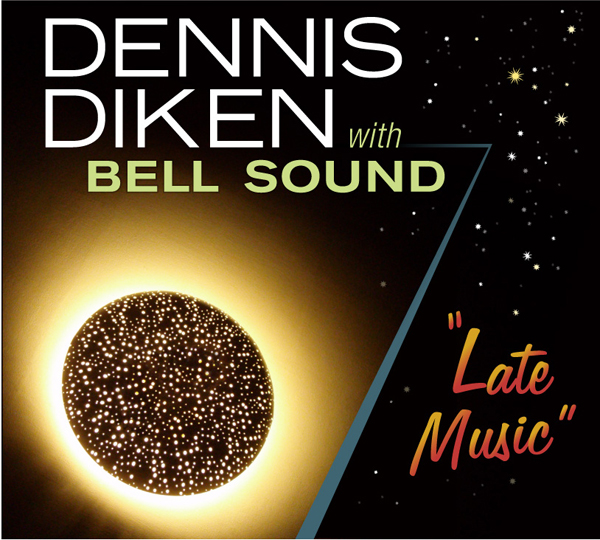 Free Design: “Kites Are Fun” — about as airy and light as they come.
Free Design: “Kites Are Fun” — about as airy and light as they come.
Spanky & Our Gang – “Sunday Will Never Be The Same,” “Lazy Day” — progenitors of the “ba ba bas,” a vocalese staple of many Sunshine Pop cuts.
Mamas & Papas: “I Saw Her Again” — breezy with melodic adventure that always leads to a happy place.
The Association: “Windy” — one of the theme songs of Sunshine Pop.
Harper’s Bizarre: “Come To The Sunshine” — self explanatory and the theme of Andrew Sandoval, the real expert on this subject.
The reason all of these stand as such durable goods is the quality of the musicianship. The stalwart studio rhythm section consisting of drummer Hal Blaine and bassist Joe Osborne played on many of the LA sessions for much of this music and their deft grooves and conversational fills make for virtual musical hooks that give the listener a lift – often without them realizing where it’s coming from, which is of course the highest compliment you can pay an ensemble player. And after all is said and done, the records burst with brightness and a good feeling, the writing and arrangements are largely quite sophisticated and, to my ears, make for a long shelf life.
PHAWKER: Again, for the sake of those who may not know, please explain the significance of The Beach Boys/Brian Wilson and why they still matter.
DENNIS DIKEN: Brian Wilson is one of the most gifted musicians/composers of the ages and I am grateful that he found a way to 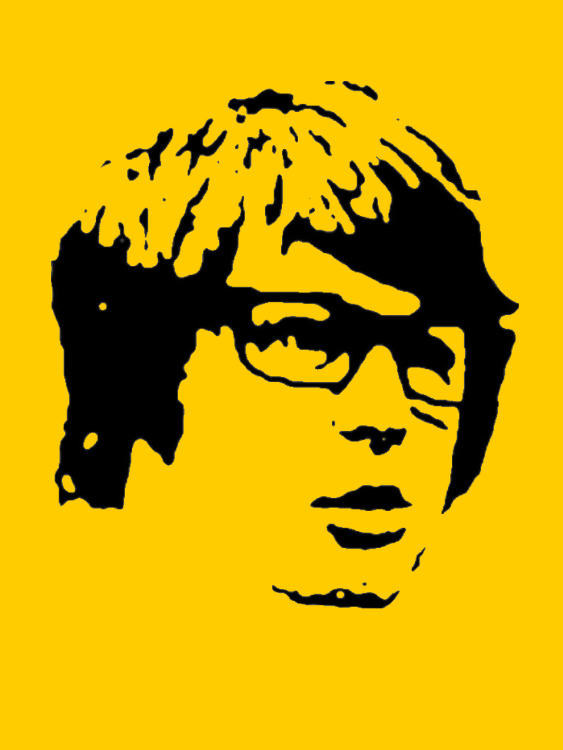 express his genius in a pop framework and that he did it all in our lifetime. Brian’s initial inspirations are well-documented. He has said many times that he was musically awakened at a very young age when he heard Gershwin’s Rhapsody In Blue, and that “something magic happened inside my head” when he heard his first Four Freshmen record. The Freshmen were a wildly popular singing group in the 50s and their modern harmonies were based on the sounds and voicings of bandleader Stan Kenton’s horn section and his innovative arrangements. And Wilson dug the seminal rock’n’roll he grew up with in the 50s. What a great mix, what fabulous grounding! So when his kid brother Dennis suggested Brian write a song about the surfing craze that was sweeping the West Coast, he went to task. Brian’s talents as a composer/arranger/producer flourished as the 60s progressed. The car/surf/teenage fun in the sun themes gave way to introspective and more heady and artful works. Pet Sounds and Good Vibrations are probably the most noted of these. Though for my money, a lot of the early material stands right up against much of the later releases.
express his genius in a pop framework and that he did it all in our lifetime. Brian’s initial inspirations are well-documented. He has said many times that he was musically awakened at a very young age when he heard Gershwin’s Rhapsody In Blue, and that “something magic happened inside my head” when he heard his first Four Freshmen record. The Freshmen were a wildly popular singing group in the 50s and their modern harmonies were based on the sounds and voicings of bandleader Stan Kenton’s horn section and his innovative arrangements. And Wilson dug the seminal rock’n’roll he grew up with in the 50s. What a great mix, what fabulous grounding! So when his kid brother Dennis suggested Brian write a song about the surfing craze that was sweeping the West Coast, he went to task. Brian’s talents as a composer/arranger/producer flourished as the 60s progressed. The car/surf/teenage fun in the sun themes gave way to introspective and more heady and artful works. Pet Sounds and Good Vibrations are probably the most noted of these. Though for my money, a lot of the early material stands right up against much of the later releases.
Given Brian’s immense gift, one would guess he would have found greatness as a modern symphonic but we’ll never know. The fact is, he was very lucky to have The Beach Boys at the ready. Brother Dennis Wilson provided the spirit, driving beat and sex appeal for the group. Younger brother Carl was a very devoted guitarist/sounding board for Brian and later, very probably, the needed glue for the organization. Cousin Mike Love was a fine early collaborator with Brian (together they penned some of the most enduring and successful songs for the band) and infused certain tunes with a Chuck Berry-style lyricism and heavy doses of doo-wop (the latter can be traced from the very beginnings of the group through Pet Sounds and all the way to Kokomo in the late 80s). And he was a great front man. Original guitarist David Marks (he left the fold in 1963) was an underrated component of the early workings, providing a signature guitar sound that helped put the group on the map. Al Jardine, a high school classmate of Brian’s, was a kindred musical spirit who fit in perfectly with the others and added the needed rhythm guitar support and vocal textures and brought a folk influence to the band. Bruce Johnston joined later and although he was in and out of the group at times, he was an integral part of their vocal sound and live performances. Each member (with the exception of Marks) emerged as a strong vocalist. And they all eventually would write, produce and make important contributions to the Beach Boys canon.
Together they created the mythical California, as we know it. The Beach Boys’ music will be around for a long, long time because it’s good, really good. It’s very catchy and folks can identify with the themes.. The luscious harmonies wash over you like a warm wave of sunshine. The production and arrangements are rife with imagination and invention that makes for highly musical ear candy. It’s all rather deceptively sophisticated. The best music strikes a chord in the listener and makes them feel a certain way and much of The Beach Boys music makes you feel glad to be alive. And some of it lets you “put your head on (its) shoulder,” providing good company during the more melancholy moods one feels at times. I can’t imagine that this is something that the world will ever tire of.
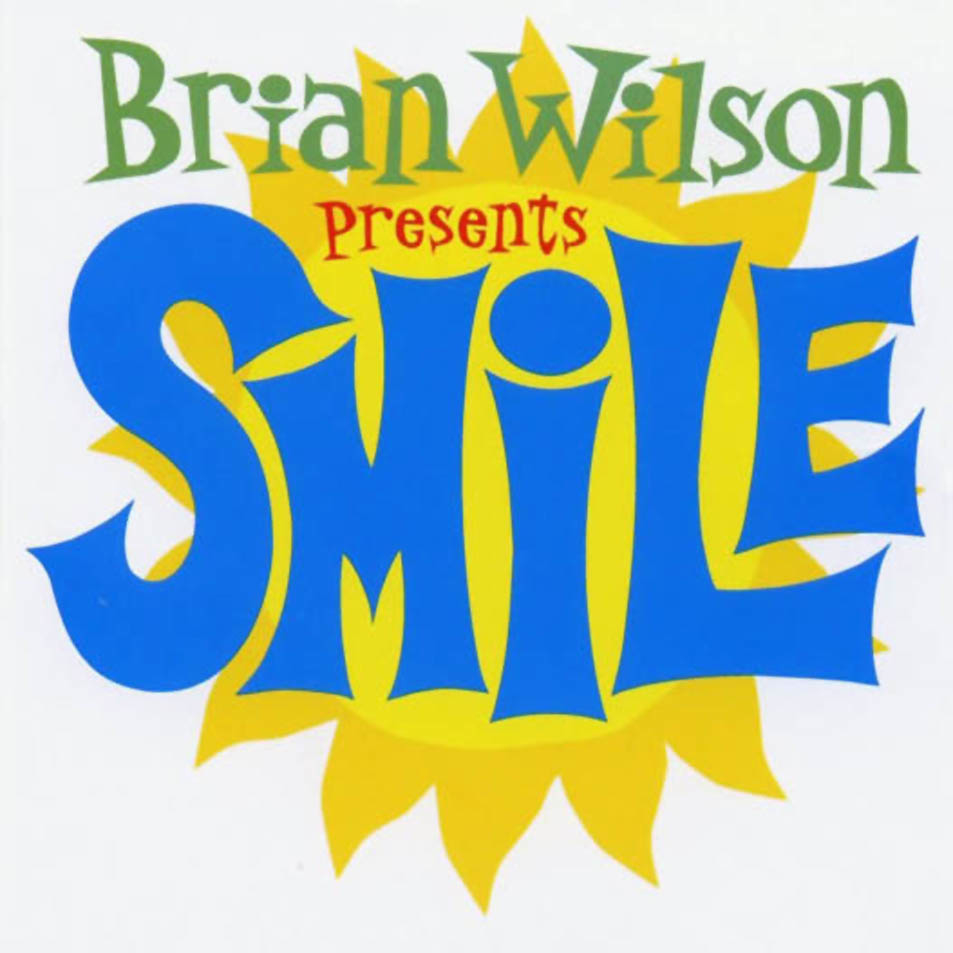 PHAWKER: Could you explain the mystique/back story of Smile and I am curious what you made of the 2004 version of the album, and how that compares to the outtakes/bootlegs from the original sessions.
PHAWKER: Could you explain the mystique/back story of Smile and I am curious what you made of the 2004 version of the album, and how that compares to the outtakes/bootlegs from the original sessions.
DENNIS DIKEN: I think it’s nothing short of a miracle that Brian, Darian Sahanaja, Jeff Foskett and the rest of the musicians in Brian’s band pulled off the recreation of Smile so magnificently. I never thought we would hear a completed Smile. But I’m glad for the world and for Brian that it’s out there and I look forward to revisiting the original elements of Brian’s 60s sessions in preparation for the Secret Cinema screening. I hear EMI is planning on a box set of these recordings to be released later this year. I love the textures of the Beach Boys vocals on the 60s recordings. In my humble opinion, I prefer the originally-released Capitol/Brother versions of “Good Vibrations,” “Heroes & Villains” “Wind Chimes” and “Vegetables.”
PHAWKER: Lastly, you wake up in the middle of the night to find out your house is on fire and you only have time to grab one album, which one would it be and why? Please try and provide some back story on how and why you came to love this album and why it continues to be so important to you.
DENNIS DIKEN: I’m glad that you brought this up so I can pull a few albums together on my shelf to grab if I ever needed to. Top of my head: With The Beatles, Beach Boys Today!, Best of The Staples Singers (the VeeJay recordings), Four Seasons’ Jersey Beat box and maybe a Gene Pitney comp – I dunno, come on, this is impossible!!
But if it had to be one album, I guess I’d grab Beach Boys Today! It’s probably my favorite Beach Boys LP. I got it in March ’65 when it first 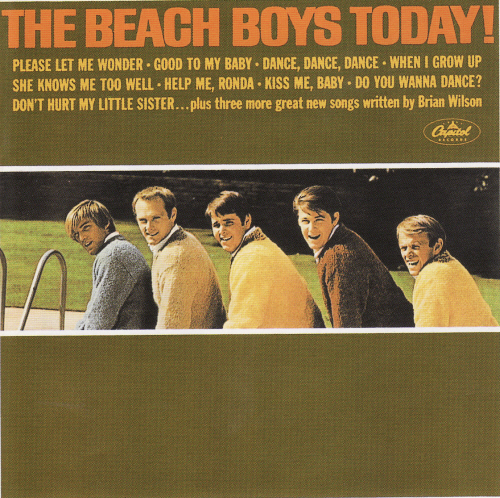 came out. I love all the cuts (although I prefer the single version of “Help Me Rhonda”). Side one (the uptempo side) is loaded with boss sounds like “Good To My Baby,” “Do You Wanna Dance,” “Dance, Dance, Dance” and “When I grow Up (To Be A Man)” (maybe my fave Beach Boys cut of all time) and side two offers Brian’s first foray into his new, introspective style of writing and arranging (following his departure from touring in late ’64), which I totally dig. When I first heard “In The Back Of My Mind” I liked it, but at the same time it kind of sounded like “grownup music.” Yet, the lushness and sophistication of this one (and others, like “Kiss Me, Baby”) and Dennis’ soulful vocal got under my skin and turned my head a bit at the tender age of 8. I think it planted some seeds for musical growth in my listening experience and for me as a musician. “Please Let Me Wonder” and “She Knows Me Too Well” are gorgeous and straight from Brian’s heart to the vinyl. And “Bull Session With The Big Daddy” clued us all in as to what the guys personalities were like. All the more reason to be a full time fan. Also, in the event of a fire, I would take my Duophonic copy of this masterpiece (that’s Capitol Records fake stereo reprocessing, replete with a millisecond delay effect).
came out. I love all the cuts (although I prefer the single version of “Help Me Rhonda”). Side one (the uptempo side) is loaded with boss sounds like “Good To My Baby,” “Do You Wanna Dance,” “Dance, Dance, Dance” and “When I grow Up (To Be A Man)” (maybe my fave Beach Boys cut of all time) and side two offers Brian’s first foray into his new, introspective style of writing and arranging (following his departure from touring in late ’64), which I totally dig. When I first heard “In The Back Of My Mind” I liked it, but at the same time it kind of sounded like “grownup music.” Yet, the lushness and sophistication of this one (and others, like “Kiss Me, Baby”) and Dennis’ soulful vocal got under my skin and turned my head a bit at the tender age of 8. I think it planted some seeds for musical growth in my listening experience and for me as a musician. “Please Let Me Wonder” and “She Knows Me Too Well” are gorgeous and straight from Brian’s heart to the vinyl. And “Bull Session With The Big Daddy” clued us all in as to what the guys personalities were like. All the more reason to be a full time fan. Also, in the event of a fire, I would take my Duophonic copy of this masterpiece (that’s Capitol Records fake stereo reprocessing, replete with a millisecond delay effect).
